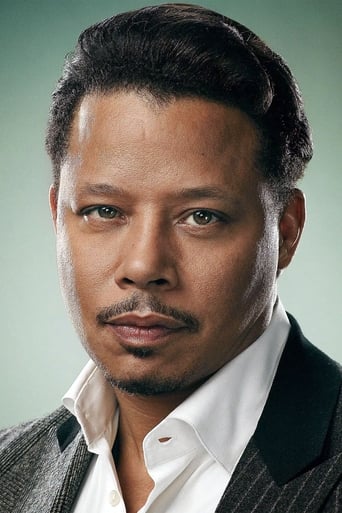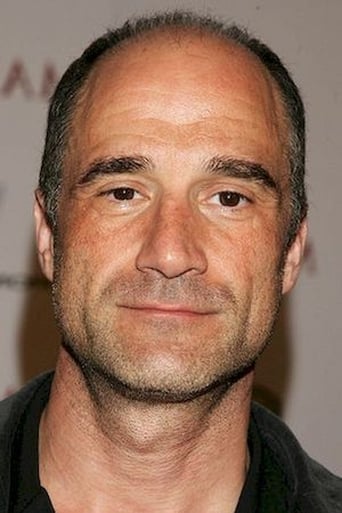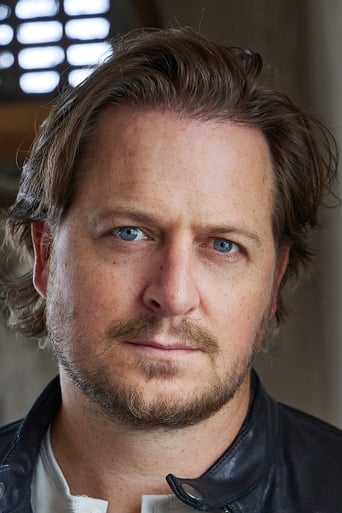TxMike
Winnie and Nelson Mandela were key figures in the struggle in South Africa to abolish apartheid and gain freedom for all races, during the approximate 30+ years in the 1960s, 1970s, and 1980s, which culminated in Nelson Mandela being elected President in the 1994 multiracial elections. In the more recent movie "Mandela: Long Walk to Freedom" we see much about Nelson's young life, upbringing, and his imprisonment after being convicted of terrorist activities. In that movie Winnie has an important role, but still secondary.In this movie, "Winnie Mandela", the emphasis is reversed. We see much of Nelson but the emphasis is on Winnie. Her early work as a nurse, her marriage to Nelson, and her gross mistreatment by the white officials, imprisoned for 16 months on suspicion alone and without a trial, and much of that in solitary confinement. They tried to break her spirit, to renounce the fight for freedom, but she never broke.When she got out she was hardened, and also influenced by the Sharpeville massacre in 1960 where white police shot and killed many black demonstrators, and many of those were shot in the back as they attempted to flee. So she and her supporters took a very hard line, gradually drifting away from the ideals of nonviolent freedom that Nelson espoused.There is no question, Winnie Mandela and her children were badly mistreated by the white South African government. And there is no doubt that her fervor played an important role in eventually getting Nelson freed and the government to abolish apartheid. But she was also branded as a criminal, and when Nelson became President it had to be without Winnie at his side.Very good movie about a complex and influential black woman. Jennifer Hudson is just superb in the title role as Winnie Mandela, and she sings the song played in the closing credits. Also superb is Terrence Howard as Nelson Mandela. Good as the white villain is Elias Koteas as De Vries, the man with dogged determination to break Winnie, but was never able to.
Amari-Sali
Since I'll eventually see Mandela: Long Walk to Freedom, I figured it was worth seeing this film which got talked about since the actual Winnie disapproved of it, but after it was released, not a word was said. Now, I can understand why the real life Winnie didn't approve of it, not just because at times they don't portray her favorably, but at the same time, between Jennifer Hudson and Terrence Howard, despite the accents, prosthetics, and things of that nature, you don't really get the type of experience most biopics give you.Characters & StoryThe main focus of the movie is what Winnie (played by Jennifer Hudson) did as Nelson Mandela (played by Terrence Howard) was locked away for decades. Outside of that, we also see her upbringing, a romantic subplot dealing with Winnie and Nelson's courtship, the struggles of living in apartheid in South Africa, then Winnie's turn into an almost head of a mob known as Mandela's United Football Club. Each aforementioned time in Winnie's life feels like a chapter which, once shut, leads us to a new Winnie who evolves from a girl trying to be the son her father wanted, to a woman who seems like a revolutionary who lost control of her soldiers.PraiseHonestly, the only thing I found worth praising was getting to see, what I assume, is South African culture. Being that I have never been to the country, nor watch many programs from the nation, it was nice to see different views of Africa, and hear of the story of their civil rights movement. But, if you strip away the culture, the cities and landscape, as well as the music, then you have a film which may rely on agreed upon facts, but lacks real emotion.CriticismBiopics, over the years, have become one of my favorite genres when it comes to movies. Though an embellished portrait, it allows people who weren't aware, or didn't live during the times of the biopic, to have a chance to relive moments and the lives of figures who are either in their golden years or have passed on. But, with Winnie Mandela, there was no heart or soul to make me believe Hudson or Howard represented their respective figures. Yes, they have the accents, wore the clothing and gave the speeches, but you never got lost in their performances. In a way, I almost felt like they were dialing it in. Or better yet, it was a role which had prestige and could generate interest, so Howard and Hudson took it, and never really did the research and spent the time to become the two iconic persona they were to portray. Because of that, their performances both ring empty and remind you that acting cannot just be playing pretend, knowing your lines, and crying on cue. It has to be an art form in which the viewer gets lost in your performance, and not simply lost because they don't believe you can perform.Overall: Skip ItThough informative, to a point, Winnie Mandela very much screams a westernized portrait of an African figure. It feels superficial in every way possible. From the courtship of Winnie and Nelson, to the rise of Winnie as a political figure, to the fall of her marriage and her political life, everything feels like there were contracts signed, the checks were already cashed, and a movie which had to be produced. Leading me to say this is a movie to skip. Though the overall idea of Winnie Mandela is interesting, the film lacks any proper execution outside of the culture, and since they filmed in South Africa, it would have been hard to screw that up. Everything else though makes me feel that, after Mandela: Long Walk to Freedom, the book this film is based on needs to be re- adapted and if there is non-South African involvement, it solely comes from financing.
Tad Pole
. . . the Lady Macbeth of South Africa. The trajectory for heroes is that they start out sinners like Saul of Tarsus and transform themselves into people such as Saint Paul. The Benedict Arnolds of infamy, on the other hand, begin lives of privilege and when the going gets a tad rough, they mutate into evil, self-centered cancers on humanity. This film, WINNIE MANDELA, perfectly captures her transformation from the one-time girl stick fighter champ into a chunky boozing adulteress with a lust for cheap sex and a penchant to enjoy sadistic "neck tie" parties involving her having trusting young orphan boys burned alive. No one can prove there actually is a Hell, or say whether Winnie deserves to be there forever, or just for 10,000 years. But as crispy critter Stompi Seipei's surviving sisters might point out, at least Hitler had the decency to kill his victims BEFORE burning them.






